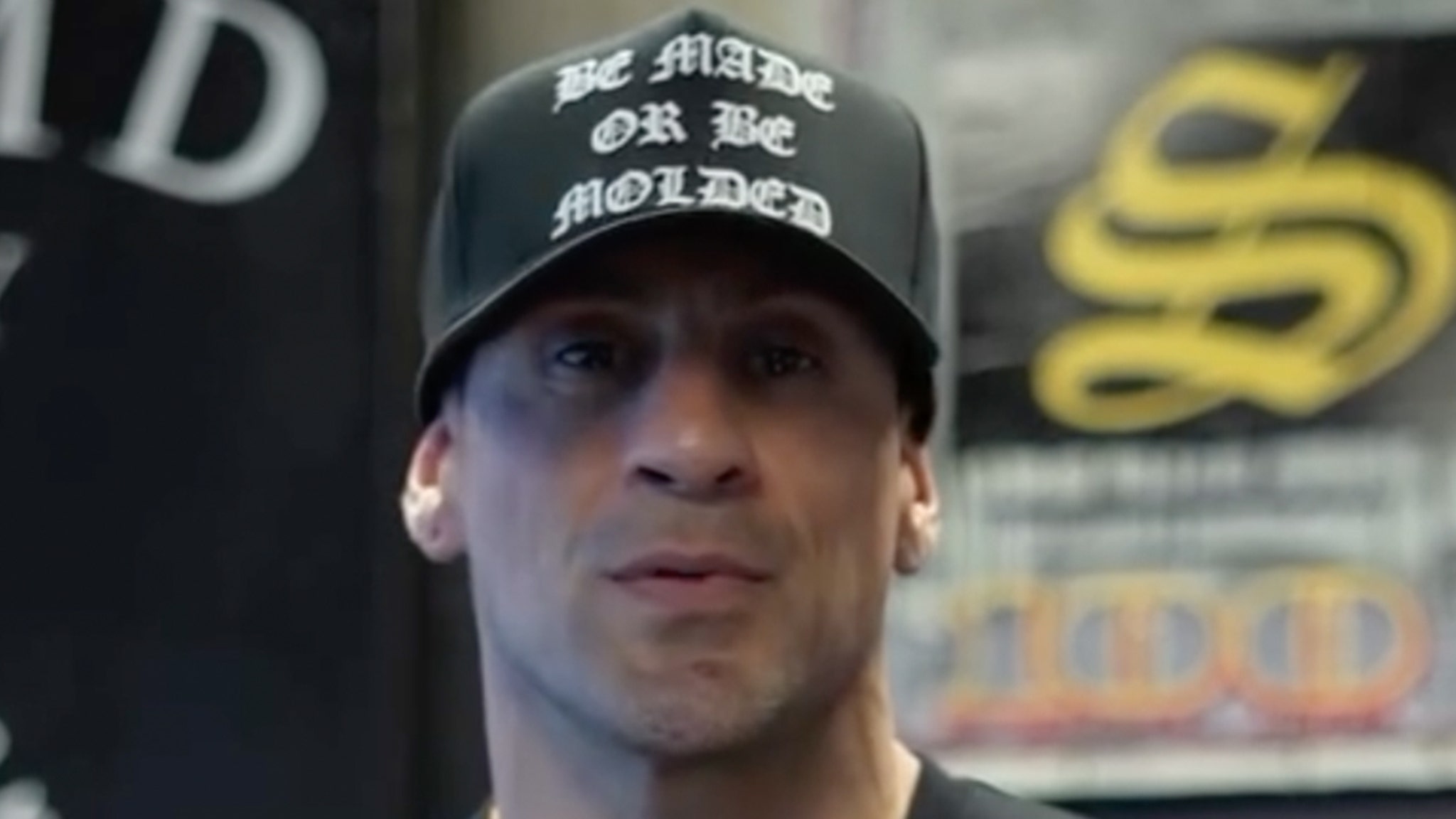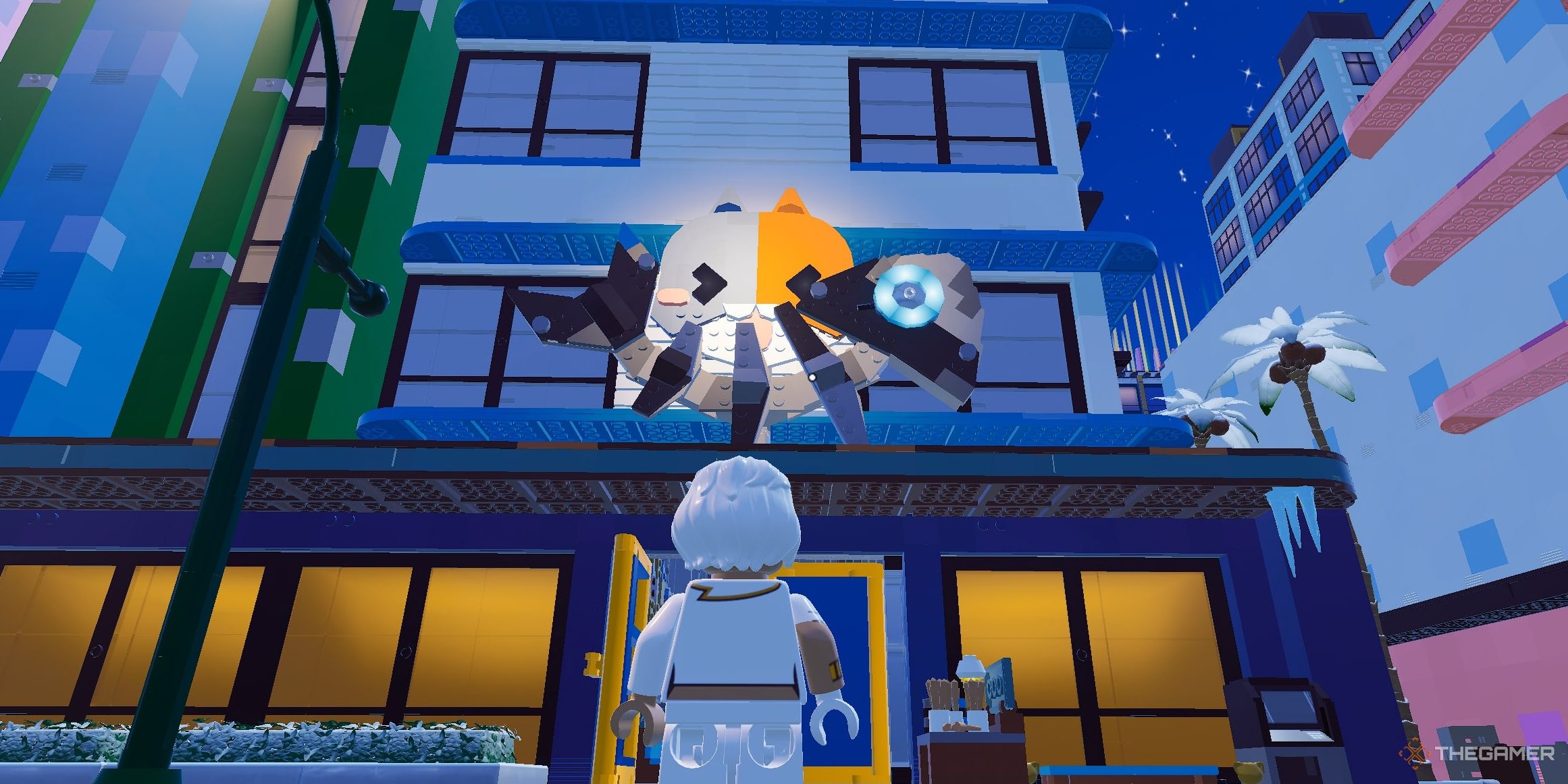Entertainment
Poetry from Daily Life: How do you know if you’re a ‘real’ poet?

My guest today is Barbara Loots (rhymes with Goats), who lives in Kansas City, Missouri. Barbara is another poet who found her calling early and was writing poems by 3rd grade. She says she even made a book of her poems but her piano teacher suggested that she keep practicing the piano. Favorite audience? “I like to write for people with a sense of humor.” Two books that gave her pleasure to write are “Road Trip” and “The Beekeeper and Other Love Poems.” She says a unique fact about her is being herself. Hard to argue about that! ~ David L. Harrison
Am I a real poet?
Once upon a time, when I was filling up notebooks with writing, especially poems, I used to wonder when or how I would know the answer to that question. This was long before such a thing as “creative writing” in school, let alone a collegiate Creative Writing Degree. No one was giving grades or granting diplomas for writing Poetry. The only “real poets” I knew were in books. So I studied them. I learned by reading, by imitating, by practicing the craft, by filling up notebook after notebook with my poems, finding my way to my own voice. Poets are, after all, mostly talking to themselves — or perhaps addressing something like the Great Universe of Being. Readers, and would-be poets, are merely eavesdroppers on other lives. We are forever seeking poems that strike a spark in ourselves.
The big step to being a “real poet” is, naturally, getting published. Getting published involves a lot of rejection. This did not help my sense of real-poet-ness. Then again, I wanted my work to appear only in the company of other poets that I actually liked. Believe it or not, there are dozens of little magazines publishing hundreds of bad poems (you decide!) but I judged my poems against poems I loved. I wanted to write well enough to join in the conversation with poets I admired, famous or not. This element of pride — a good kind of pride — continually lifted my standards and improved my skills. I attended poetry readings and workshops to breathe the same air as “real poets.” I wrote for the sheer pleasure of playing with words like they did. Occasionally, I wrote fan letters and made friends with poets. Every time I discover a poet who speaks to me, it’s like falling in love. In fact, writing a poem is also like falling in love — with my own life.
Robert Frost famously said: “I hope to leave behind a few poems it will be hard to get rid of.” Did he succeed? All together now, let us recite “Whose woods these are I think I know …” or “Two roads diverged in a yellow wood …” or “Some say the world will end in fire …” If you want to read a few more succinct descriptions of what being a poet means, Google quotes by Robert Frost.
Meanwhile, here is the one poem I hope to leave behind:
❖❖❖
When I become transparent,
I shall be a glass,
or prism, or a waterbead
upon a vein of grass.
When I become transparent,
I shall be the sky,
or a single facet
in an insect’s eye.
When I become transparent,
the universe will be
a little less invisible
through my transparency.
❖❖❖
Poems by Barbara Loots have been appearing in print since the 1960s in numerous popular and literary magazines and anthologies. Her poetry collections, published by Kelsay Books, are “Road Trip” (2014), “Windshift” (2018), and “The Beekeeper and Other Love Poems” (2020). To learn more: https://www.amazon.com/stores/author/B01KTZ20CG/about.





/cdn.vox-cdn.com/uploads/chorus_asset/file/25626295/247263_iphone_16_pro_AKrales_0799.jpg)


